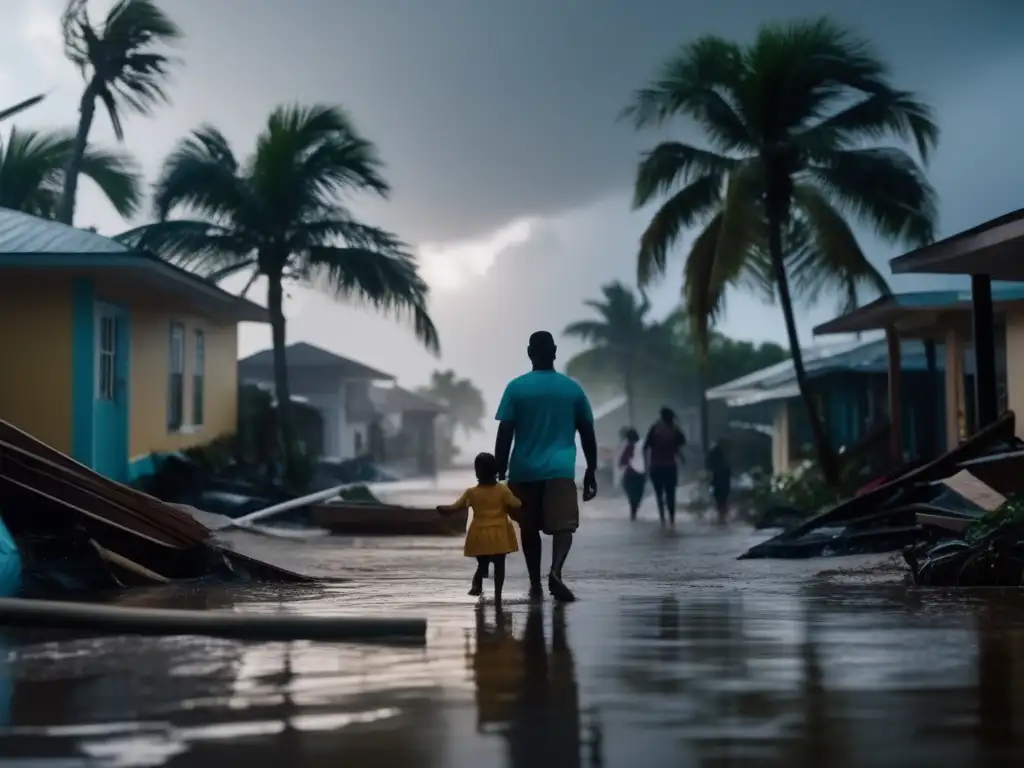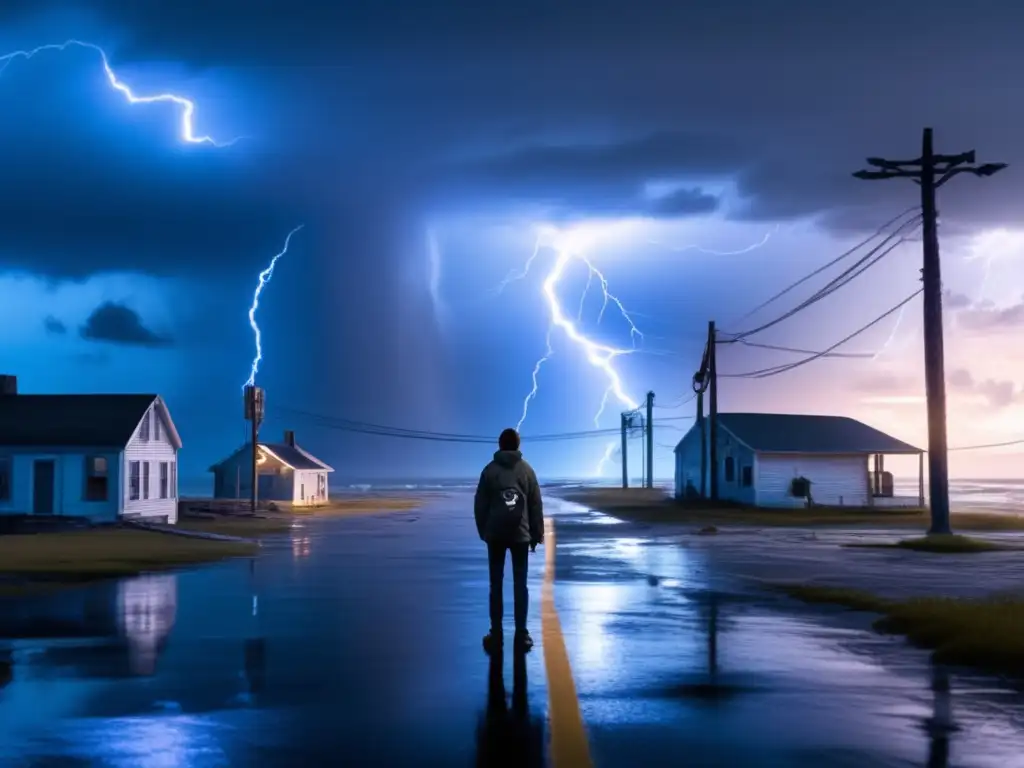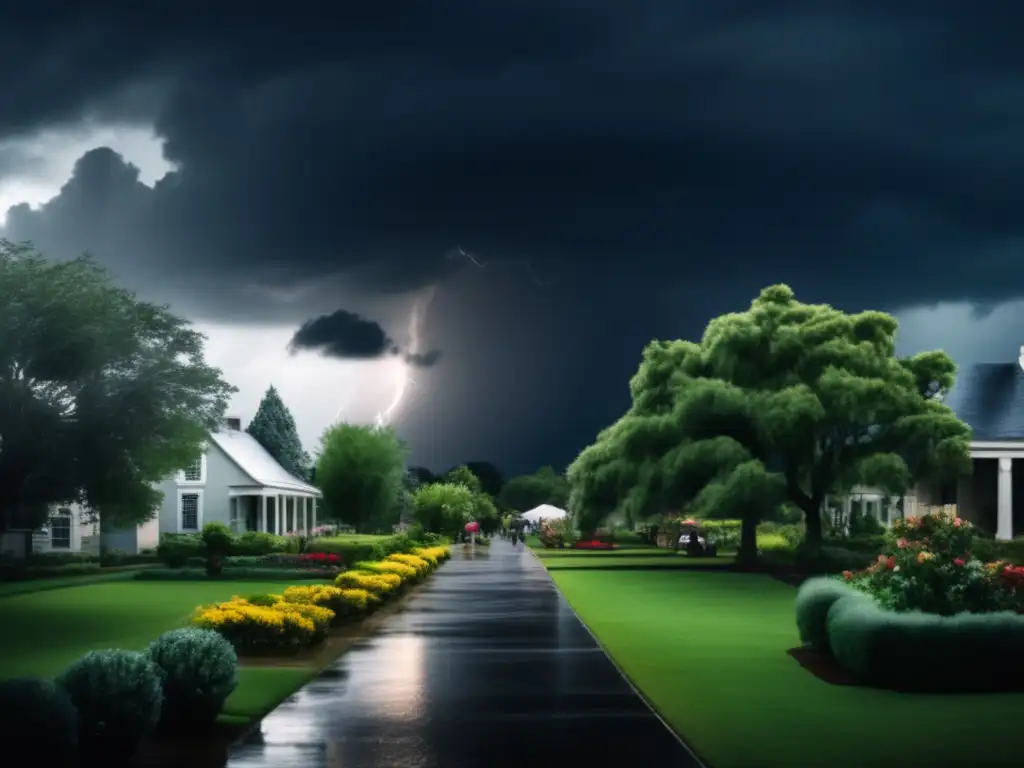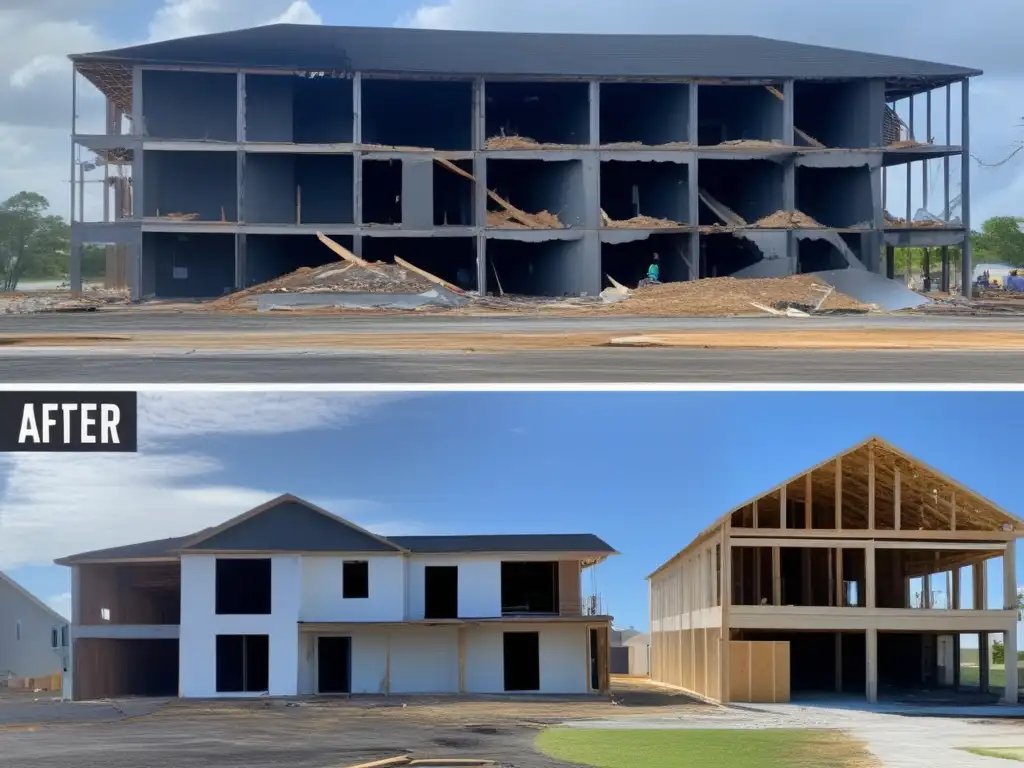The Road To Normalcy: Establishing Routines After A Hurricane

The Road to Normalcy: Establishing Routines After a Hurricane
Introduction
Establishing routines after a hurricane is critical to getting life back to normal. Hurricanes can be devastating, and they can impact your life in more ways than one. After a hurricane, you may find yourself struggling to get back on track, and it can be challenging to know where to start. This article will provide you with some tips and advice on how to establish routines after a hurricane.
Creating a Plan

Assess Your Situation
The first step in establishing routines after a hurricane is to assess your situation. You need to evaluate the extent of the damage and the impact it has had on your life. You may need to make alternate arrangements for living, work, and other activities until you can get back on your feet. Make a list of all the things that need to be done, prioritize them, and then create a plan of action. This way, you can keep track of what needs to be done and make sure you don't miss anything important.
Create a Routine
Once you have assessed your situation and created a plan of action, it's time to start establishing routines. Establishing routines is essential because it helps you get back into a sense of normalcy. Start by creating a daily routine that includes all the activities you need to do, such as work, school, or errands. Stick to this routine as much as possible, as it will help you regain a sense of control over your life.
Be Flexible
While routines are necessary, it's also essential to be flexible. After a hurricane, things may not go as planned, and you may need to adjust your routine accordingly. Don't get too attached to your routine and be willing to change it when necessary.
Dealing with Emotions

Recognize Your Emotions
After a hurricane, you may find yourself feeling overwhelmed, stressed, or anxious. It's essential to recognize these emotions and deal with them in a healthy way. Talk to someone about how you're feeling, whether it's a friend, family member, or therapist. You can also try journaling or doing other activities that help you process your emotions.
Practice Self-care
Self-care is critical after a hurricane. Make sure you're taking care of yourself physically, mentally, and emotionally. Eat healthy foods, exercise regularly, and get enough sleep. Take breaks when you need to and do activities that you enjoy. This will help you feel better and cope with the stress and emotions that come with a hurricane.
Connect with Others
Connecting with others who have been through a hurricane can be helpful. Join a support group or online community where you can share your experiences and feelings. You can also volunteer or donate to help those who are still recovering from the hurricane. Helping others can be a great way to cope with your own emotions and feel a sense of purpose.
Preparing for Future Hurricanes

Create a Hurricane Plan
One of the best ways to prepare for future hurricanes is to create a hurricane plan. Your plan should include instructions on what to do before, during, and after a hurricane. It should also include a list of emergency contacts, important documents, and supplies you'll need. Make sure you review and update your hurricane plan regularly.
Build a Hurricane Kit
Having a hurricane kit ready is another way to prepare for future hurricanes. Your kit should include things like non-perishable food, water, flashlights, batteries, and a first aid kit. You should also make sure to have cash on hand in case power outages affect ATMs and credit card machines.
Stay Informed
Staying informed about hurricanes is essential. Make sure you know when hurricane season starts and ends, and pay attention to any warnings or alerts from local authorities. Sign up for emergency alerts and keep a battery-powered radio on hand in case of power outages. Being prepared and informed can help you stay safe during a hurricane.
Frequently Asked Questions

-
What should I do if my home is damaged in a hurricane?
If your home is damaged in a hurricane, the first thing you should do is contact your insurance company. They will be able to guide you through the process of filing a claim and getting your home repaired. You may also need to find temporary accommodations while repairs are being made.
-
How do I cope with the stress of a hurricane?
Coping with the stress of a hurricane can be challenging. Try talking to someone about how you're feeling, practicing self-care, and connecting with others who have been through similar experiences.
-
How do I prepare for a hurricane?
To prepare for a hurricane, you should create a hurricane plan, build a hurricane kit, and stay informed about hurricanes and any potential threats in your area.
-
What should I do if I can't return to my home after a hurricane?
If you can't return to your home after a hurricane, you may need to find temporary accommodations. Contact your insurance company for guidance and assistance with finding a place to stay.
-
How long does it take to recover after a hurricane?
The time it takes to recover after a hurricane depends on the extent of the damage and how quickly repairs can be made. It can take weeks, months, or even years to fully recover from a hurricane.
Conclusion
In conclusion, establishing routines after a hurricane is critical to getting life back to normal. By creating a plan, dealing with emotions, and preparing for future hurricanes, you can regain a sense of control over your life and feel more prepared for any future disasters. It's important to remember that recovery takes time and to be patient with yourself and those around you. Stay informed, stay safe, and stay prepared.
This information is especially relevant for those living in hurricane-prone areas, but it's also essential for anyone who wants to be prepared for natural disasters. Please share this article with others who may find it helpful, and feel free to share your thoughts in the comments section below.
Additional Resources

For more information and resources on hurricanes, visit:
 Replanting Your Garden After A Hurricane
Replanting Your Garden After A Hurricane Reopening Your Business After A Hurricane
Reopening Your Business After A Hurricane Supporting Friends And Family Through Post-Hurricane Recovery
Supporting Friends And Family Through Post-Hurricane RecoveryIf you want to discover more articles similar to The Road To Normalcy: Establishing Routines After A Hurricane, you can visit the Hurricane recovery: category.
Leave a Reply

Articulos relacionados: